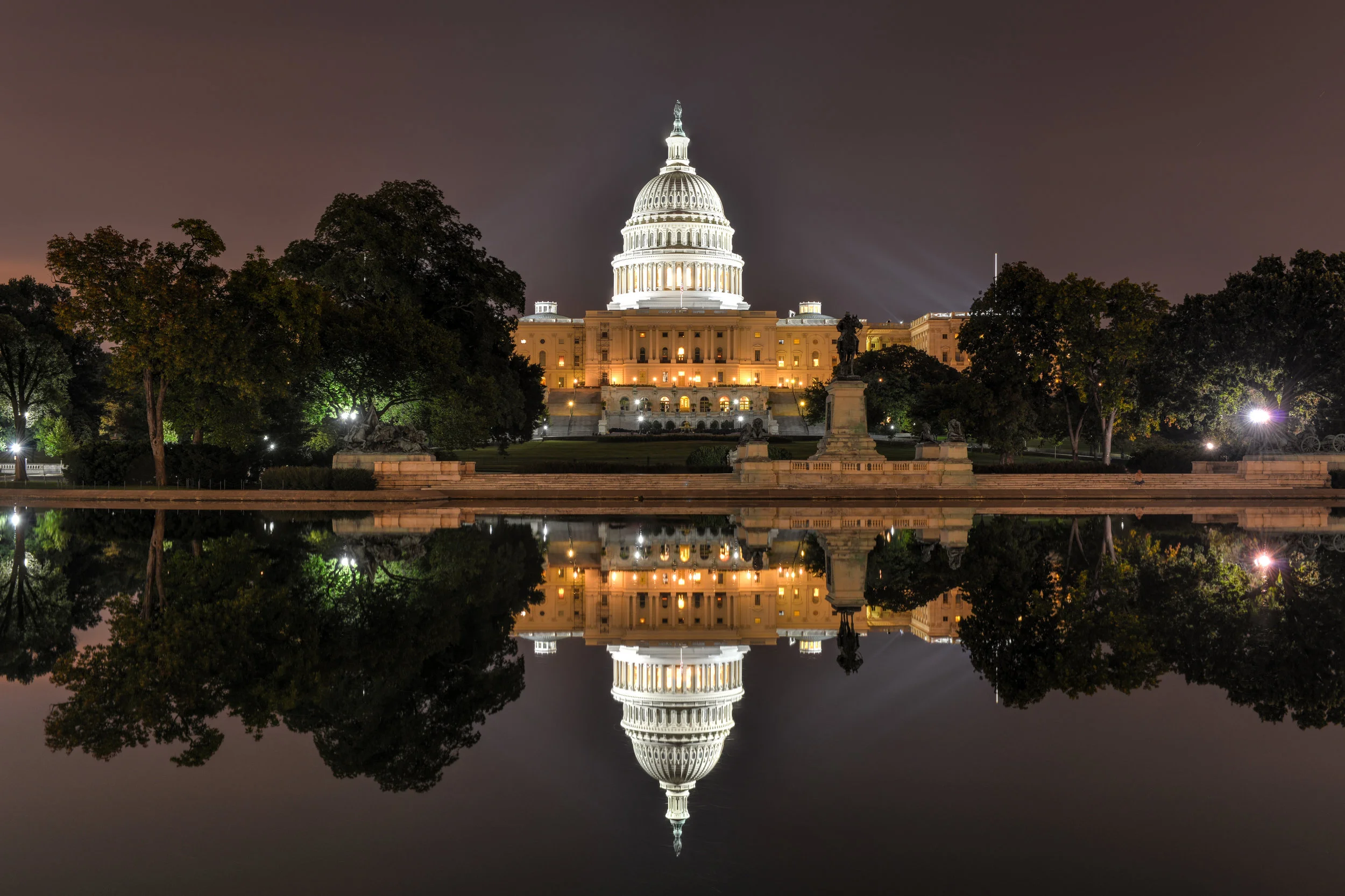The DC Council passed a preliminary bill to limit Airbnb rentals in the District. But just as the Council was preparing to move forward with a final vote on the bill, a report from the DC Chief Financial Officer (CFO) uncovered language in the bill that no one on the Council was aware of (smh) – the bill would actually outlaw 80-90% of all short-term rentals in the city!
What was the bill supposed to do?
After learning about some egregious abuses and the belief that Airbnb is a threat to the city’s housing stock, the Council decided to imposes restrictions on who could actually rent their properties using the popular hosting site. Specifically, people who don’t actually live in a property would no longer be able to legally rent a property. However, for those who actually live in their house and want to rent out a room or parts of their house, would be free to continue doing so. Or the bill will let them rent the whole place while out of town, but only for 90 days a year. While the impact of these restrictions were heavily debated amongst stakeholders, the Council’s intent was to protect the housing stock for DC tenants.
What did the bill actually do?
Well, as it turns out, the bill actually went much further than anyone intended. After initial passage to move forward with a final vote on the bill by the Council, a report (the Fiscal Impact Statement) from the DC CFO determined the bill would outlaw 80-90% of all short-term rentals, even for people who are renting a room in their house when home or for only a small percentage of time when away. You see, there was a provision in the bill that hadn’t gotten much attention. That provision says that, in addition to the bills restrictions outlined above, someone could only get a short-term rental license — a requirement to rent through a service like Airbnb under this bill — in areas where the zoning allows "transient rentals.” This would include areas where hotels are allowed, but residential zones do not allow this…and most Airbnb rentals are in residential zones.
So how did we get here?
Proponents of this bill have pointed to some egregious abuses, like a landlord with a building under rent control who just rented all the units out through Airbnb…which we all agree is not cool. More generally, they argue, Airbnb and related services squeeze the supply of regular rental housing. Let's say someone bought a row house or condo in a mixed-use neighborhood, lived there for a while, and moved away. They could rent the place to a new permanent tenant. Or, they could list it full-time on Airbnb. The latter often makes more money. Using Airbnb also helps the homeowner avoid being subject to tenant protection laws.
On the other side, you have the opponents (i.e. the Airbnb lobbyists) of the legislation who argue that these rentals cover at most 0.25% of DC's housing, so the claim that it's restricting housing supply isn't justified. Airbnb argues that rentals in less tourist-heavy neighborhoods, like east of the Anacostia River, bring visitors to areas they wouldn't otherwise see to support neighborhood restaurants and shops…and also have very few hotel options anyways.
But wait, there are more issues!
The CFO’s report said the bill would reduce the city’s revenue by “at least $20 million in fiscal year 2019 and $96 million over the four-year financial plan" in lost tax revenue. Not good at all, especially considering the fact that the shortfall must be made up to fill the hole. And it’s not easy to find an additional $20-25 million per year in lost revenue. The other option for the council would be to eliminate the fiscal impact, which means the bill would need to be amended to avoid the revenue loss.
So what’s the latest?
As of late October, Chairman Phil Mendelson sent a letter to the Zoning Commission asking to amend the zoning code to permit short-term rentals in residential zones. On October 29th, at a brief special public meeting, the Commission voted to request recommendations on how to proceed from the Office of Planning. A final vote on the bill was delayed so the councilmembers could comb through how payment for the bill's implementation would be accounted for, and some are a bit pessimistic in their belief that zoning rules will be amended before the bill passes.

